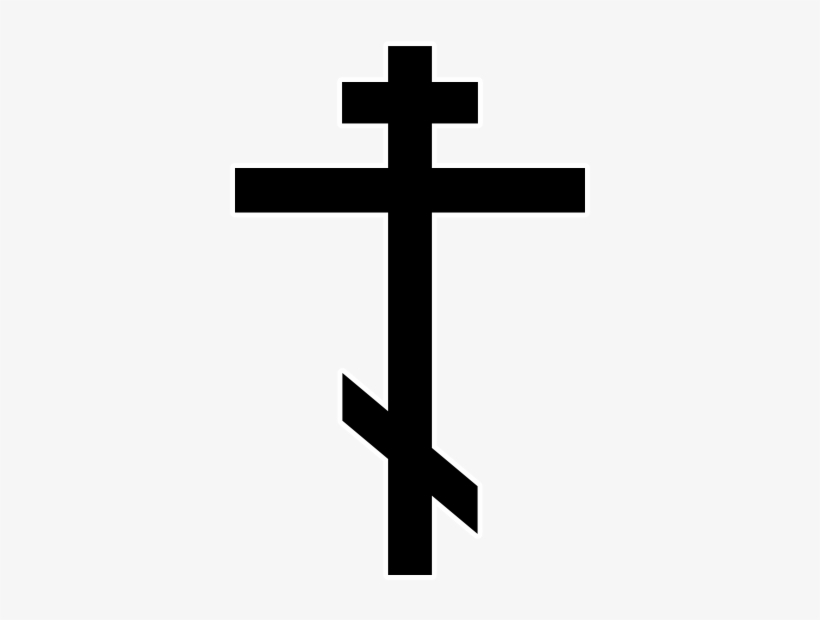
One of the oldest surviving religious institutions in the world, the Eastern Orthodox Church, also known as the Orthodox Church, is the second-largest Christian church. With 220 million baptized members, the Orthodox Church is a Christian body whose adherents are largely based in Eastern Europe the Middle East, and diaspora populations. Adherents believe in the Trinity; God consists of God the father, Jesus the son, and the Holy Spirit.
Great respect is paid to the body of the departed. In Orthodox Christianity, the body is considered sacred as it was the temple of the Holy Spirit. Cremation is specifically forbidden in Orthodox funerals because it seen as a violation of the celebration of the sacraments, which occurs at the beginning of a person’s life.
A vigil service is performed at the church the evening before the funeral day. During the vigil service, prayers entreat God to grant rest to the soul of the departed so that it may receive mercy. The body is brought to the church on the day of burial, where members of the congregation offer their farewell to the deceased.
Once the burial is over, mourners typically share a meal to celebrate the life of the deceased. The makaria, or “mercy meal,” is an opportunity for family and friends to remember their loved one in an informal setting. The memorial meal can take place at a church or dining hall, or an informal setting.
Woodlawn continues to be a non-sectarian cemetery without a specific religious affiliation.
